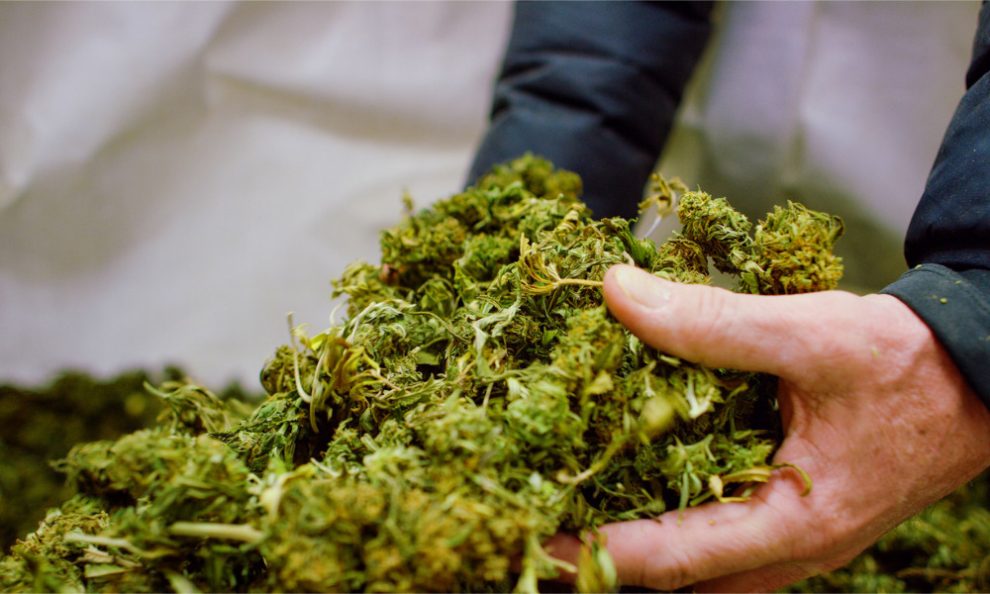New Jersey’s journey with legal cannabis holds a rich narrative. Cannabis once carried heavy legal risks. However, changes in views and policies reshaped its standing. You now witness a transformed landscape where cannabis thrives legally. This shift reflects public voting and legislative action, driving legalization efforts. In 2010, medicinal cannabis became legal, marking a significant step. Then, in November 2020, voters approved recreational use, showcasing changing perceptions. Legal cannabis brings opportunities and challenges, impacting communities and regulations. Understanding this history helps you grasp cannabis’s role today. If you want to explore these changes further, click here to learn how laws evolved, who influenced these shifts, and what it means for New Jersey residents. The state’s story of cannabis is a tale of persistence and transformation, reflecting broader societal changes. Engage with this history to uncover how New Jersey navigated its path to legal cannabis.
Medicinal Cannabis: The First Step
In 2010, New Jersey took its first step by legalizing medicinal cannabis. This law, known as the Compassionate Use Medical Marijuana Act, allowed patients with certain conditions access to cannabis for therapeutic purposes. It marked a significant shift towards accepting cannabis as a legitimate treatment option.
The move helped many patients find relief from debilitating symptoms. It also set the stage for further legal reforms. For those interested in the official legislative details, explore the New Jersey Department of Health’s official page on medicinal cannabis.
Recreational Cannabis: A Landmark Decision
The journey continued in 2020 when New Jersey voters decisively supported legalizing recreational cannabis. This decision came after years of advocacy and debate. It reflects a significant evolution in public sentiment and policy.
Legalizing recreational cannabis involved creating a regulatory framework to govern its use and distribution. This framework ensures safety and compliance while enabling new business opportunities in the state. The law also addresses social justice concerns, aiming to correct past enforcement inequities.
Impact on Communities
The impact of legal cannabis on communities is profound. Economically, the state sees job creation and increased revenue. Socially, there’s a shift in how cannabis users are viewed and treated.
However, challenges exist. Ensuring responsible use and addressing public health concerns remain priorities. Community outreach and education play vital roles in navigating these challenges and maximizing benefits.
Regulatory Framework and Enforcement
Creating a fair and efficient regulatory framework is crucial for the success of legal cannabis in New Jersey. This framework involves licensing, setting safety standards, and enforcing compliance. The goal is to protect public health while fostering a legitimate cannabis market.
Regulations continue to evolve as the state learns from experiences and adjusts to new challenges. Staying informed about these changes is important for understanding the broader implications of legal cannabis.
Table: Key Milestones in New Jersey’s Cannabis Legalization
| YEAR | EVENT |
| 2010 | Medicinal Cannabis Legalized |
| 2020 | Recreational Cannabis Approved |
| 2021 | Recreational Sales Begin |
The Road Ahead
New Jersey’s cannabis story continues to unfold. The legal landscape remains dynamic, with ongoing adjustments to laws and regulations. The state aims to balance economic growth, public health, and social equity.
As you witness these changes, staying informed helps you understand the broader societal impacts. For the latest developments and guidelines, check the New Jersey Cannabis Regulatory Commission’s website.
Ultimately, New Jersey’s approach to cannabis serves as a model for other states considering similar paths. It reflects a broader shift in recognizing cannabis’s potential benefits while addressing challenges head-on.

